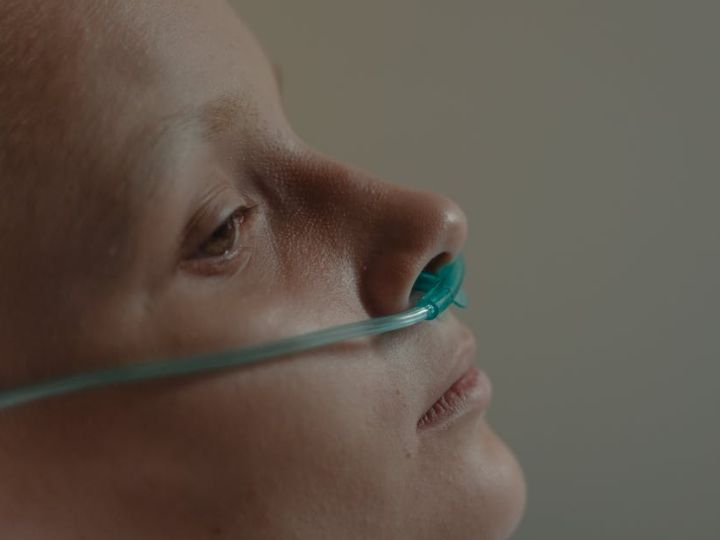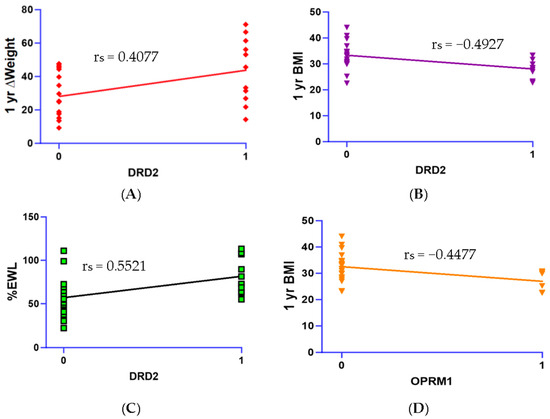2023-09-27 ヒューストン大学(UH)

Cystic fibrosis is an inherited and progressive disease that causes long-lasting lung infections and limits the ability to breathe.
◆ヒューストン大学の専門家は、システムファイブローシス(CF)患者の肺において5つの肺幹細胞バリアントが支配的で、これらのバリアントはCFの炎症、線状線状、粘液分泌などの病態に重要な役割を果たしていることを発見しました。
◆CFは肺感染症を引き起こし、呼吸能力を制限する遺伝性の進行性疾患で、CFTR遺伝子の欠陥が原因です。CFTR調節因子はCF患者の肺機能を改善しますが、一部の患者では炎症が持続するため、これらの研究結果は治療に影響を与える可能性があります。
<関連情報>
- https://uh.edu/news-events/stories/2023/september-2023/09272023-xian-mckeon-cystic-fibrosis-lung-cells.php
- https://www.atsjournals.org/doi/10.1164/rccm.202305-0818OC
嚢胞性線維症肺由来上皮幹細胞変異体の炎症活性はCFTRモジュレーターでは解決されない Inflammatory Activity of Epithelial Stem Cell Variants from Cystic Fibrosis Lung Is Not Resolved by CFTR Modulators
Shan Wang , Suchan Niroula , Ashley Hoffman , Melika Khorrami , Melina Khorrami , Feng Yuan , Grace N Gasser , Soon Choi , Bovey Liu , Justin Li , Mark L Metersky ,Matthew Vincent , Christopher P Crum , Richard C Boucher , Harry Karmouty-Quintana , Howard J Huang , Ajay Sheshadri , Burton F Dickey , Kalpaj R Parekh , John F Engelhardt , Frank D McKeon , and Wa Xian
American Journal of Respiratory and Critical Care Medicine Accepted: September 11, 2023
DOI:https://doi.org/10.1164/rccm.202305-0818OC
Abstract
Rationale: “CFTR modulator” drugs restore function to mutant channels in cystic fibrosis (CF) patients and lead to improvements in body-mass index and lung function especially in younger patients. While it is anticipated that early treatment with CFTR modulators will significantly delay the onset of advanced lung disease, lung neutrophils and inflammatory cytokines remain high in modulator-treated CF patients with established lung disease, underscoring the need to identify and ultimately target the source of this inflammation in CF lung. Objectives: To examine the stem cell heterogeneity of CF lung to identify stem cell variants that might underlie the chronic lung inflammation in CF and the impact of CFTR genetic complementation or CFTR modulators on the inflammatory properties of the stem cell variants identified herein. Methods: Stem cell cloning technology was applied to CF lungs. Single cell-derived clones were assessed by RNA-sequencing and xenografting to monitor inflammation, fibrosis, and mucin secretion. The impact of CFTR activity on these variants following gene complementation or exposure to CFTR modulators was assessed by molecular and functional studies. Measurements and Main Results: CF lungs display a stem cell heterogeneity marked by six predominant variants of which three are proinflammatory both at the level of gene expression and their ability to drive neutrophil inflammation in xenografts. The proinflammatory functions of these variants were unallayed by genetic or pharmacological restoration of CFTR activity. Conclusions: The emergence of proinflammatory stem cell variants in CF lung may explain the persistence of lung inflammation in CF patients undergoing CFTR modulator therapy.


